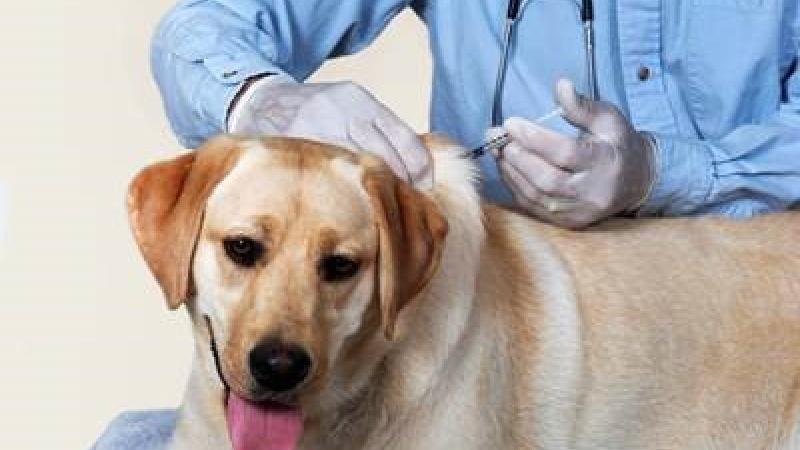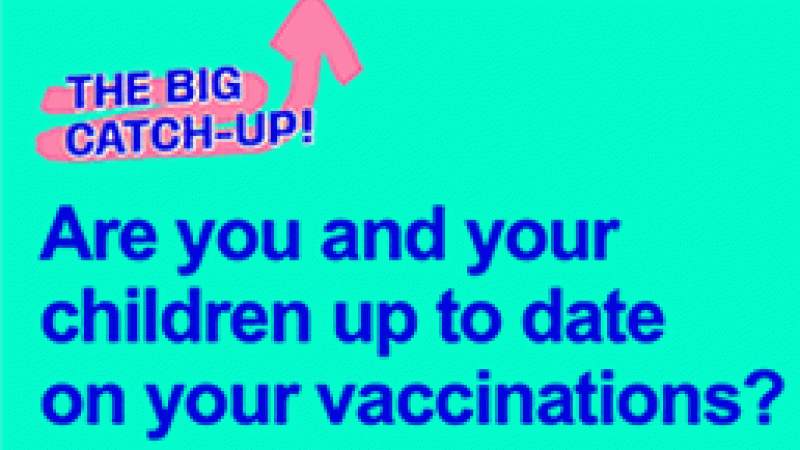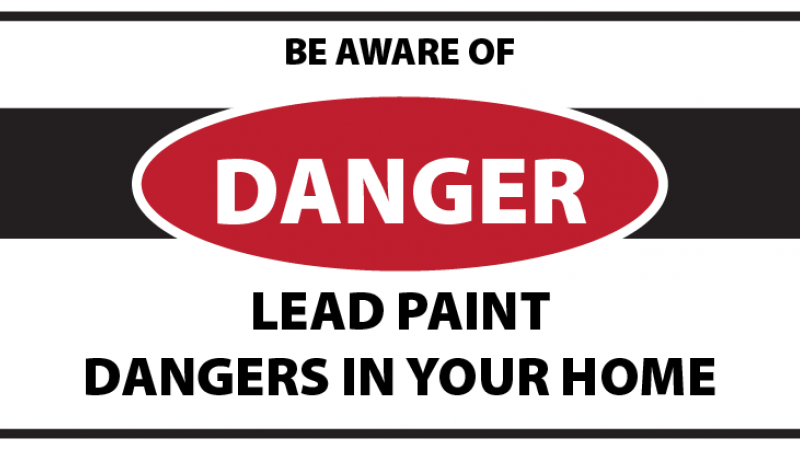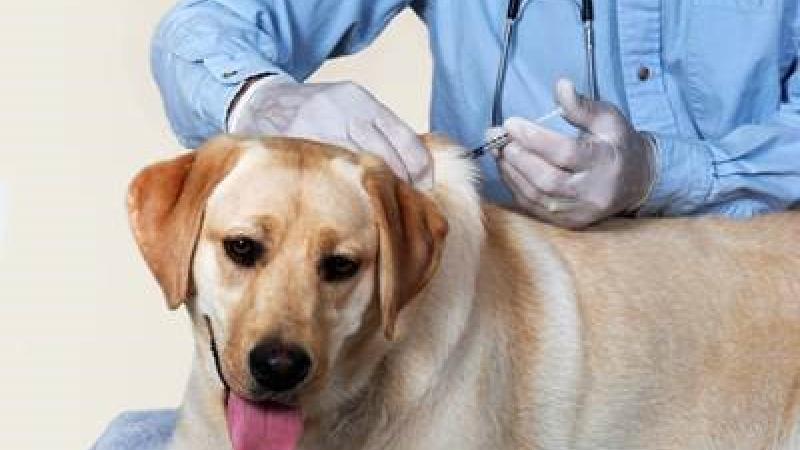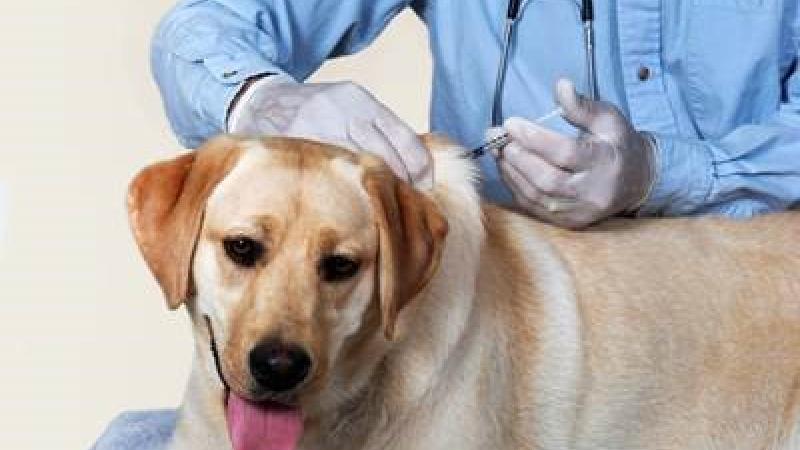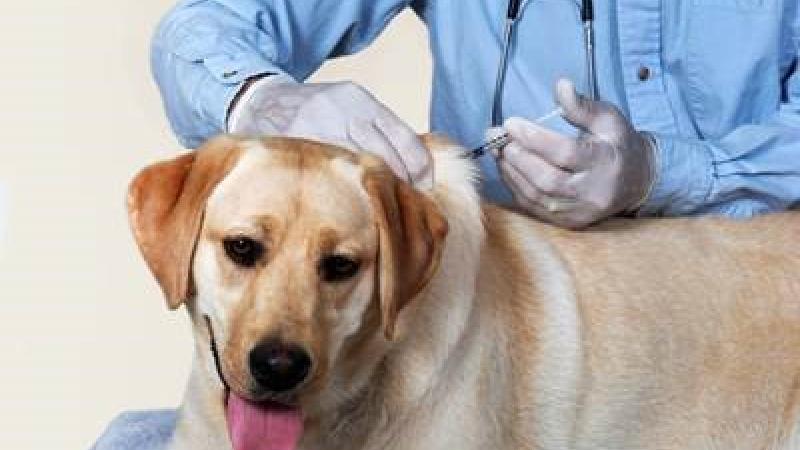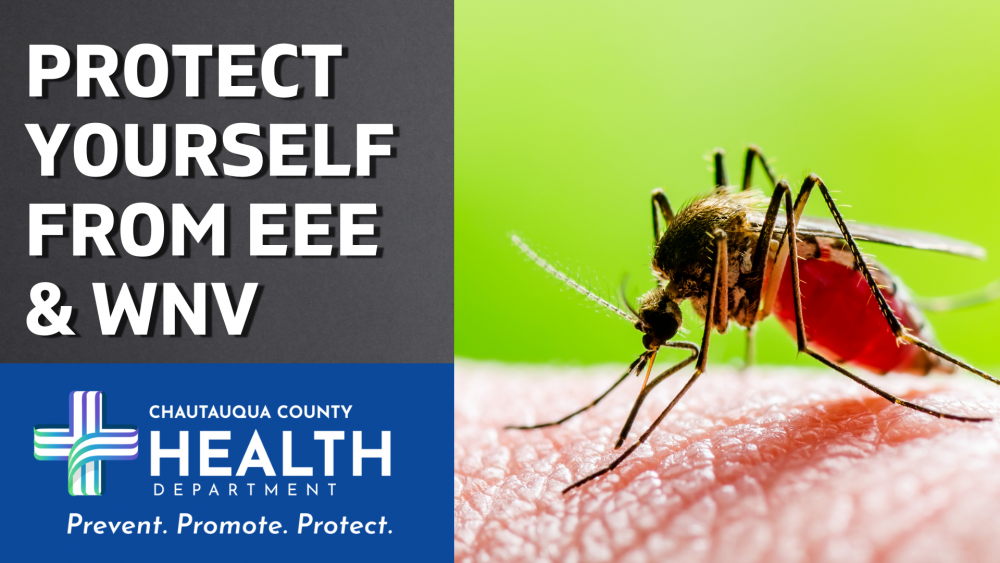
MAYVILLE, N.Y. – The Chautauqua County Health Department (CCHD) wants to remind residents to take precautions to avoid mosquito bites and protect themselves from potential exposure to mosquito-borne illnesses like Eastern Equine Encephalitis (EEE) and West Nile Virus (WNV).
These recommendations follow the recent notification received from the New York State Department of Health (NYSDOH) announcing a human tested positive for the virus that causes EEE in Ulster County, the first confirmed human case in New York State since 2015. The individual has since died as a result of contracting the virus. On Monday, Governor Hochul issued a declaration of imminent threat to public health and urges New Yorkers to follow recommendations to reduce risk of mosquito-borne illness.
“WNV and EEE are serious viral diseases transmitted to people through the bite of an infected mosquito,” states Michael Faulk M.D., Chautauqua County’s Chief Medical Officer. “Even in the early fall as temperatures cool, mosquito-borne illnesses are still a risk and people must be cautious. While there is no vaccine to protect against EEE or WNV, the best way to protect yourself is to keep mosquitoes from biting you. By following a few basic measures, you can significantly reduce your risk of exposure.”
Take precautions to defend against mosquito bites especially at dusk and dawn, when mosquitoes are most active. Follow these simple steps to reduce the risk of being bitten:
- Use insect repellent. Be sure to follow label directions and assist children when applying repellents.
- Dress in long sleeves and pants when weather permits.
- Reduce or eliminate all standing water around your home and property to reduce the mosquito population.
- Dispose of tin cans, plastic containers, ceramic pots or similar water-holding containers.
- Dispose of used tires. Used tires are a significant mosquito-breeding site. Call your local landfill or Department of Public Works to find out how to dispose of them properly.
- Drill holes in the bottoms of recycling containers that are kept outdoors.
- Make sure roof gutters drain properly and clean clogged gutters in the spring and fall.
- Remove leaf debris from yards and gardens.
- Turn over wading pools and wheelbarrows when not in use.
- Change the water in birdbaths twice weekly.
- Clean vegetation and debris from edges of ponds.
- Clean and chlorinate swimming pools, outdoor saunas and hot tubs.
- Drain water from pool covers.
- Landscape to eliminate standing water that collects on your property.
The mosquito lifecycle includes a larva stage that requires standing water. By eliminating standing water you can reduce the number of mosquitoes around your home. If you do gather rainwater for garden irrigation make sure containers have fine mesh screens to prevent mosquitoes from using them as breeding pools.
Eastern Equine Encephalitis (EEE)
EEE is a rare but serious and often fatal infection resulting from inflammation of the brain. The virus that causes EEE is transmitted by mosquitoes and can affect humans, birds, horses and other mammals. Many people who are infected with this virus will not develop any symptoms but some may develop onset of headache, high fever, chills, muscle aches or vomiting. Symptoms which progress into confusion or disorientation would be considered signs of Encephalitis (brain inflammation). The disease may progress further to cause seizures or coma and approximately a third of patients who develop Encephalitis will die.
There is no specific treatment for EEE and no vaccine exists to prevent this disease. Treatment focuses on supportive therapy, including hospitalization, respiratory support, intravenous fluids, and prevention of other infections.
While people of all ages are at risk for EEE infection, children under age 15 and adults over age 50, as well as those with compromised immune systems have the greatest risk for contracting the severe disease.
Currently there are 15 counties in New York State with mosquito pools testing positive for the EEE virus, including a total of 20 EEE virus positive horse and emu cases and one (1) positive human case, as previously noted. Counties reporting EEE positive activity include Cayuga, Clinton, Franklin, Madison, Oneida, Onondaga, Orange, Oswego, Rensselaer, St. Lawrence, Saratoga, Suffolk, Ulster, Washington, and Wayne counties. Chautauqua County and neighboring WNY County’s mosquito surveillance have not detected any positive EEE virus mosquito pools this year.
2024 Eastern Equine Encephalitis Surveillance Summary
Source: NYSDOH Mosquito-borne Illness Weekly Report September 8-14, 2024
West Nile Virus (WNV)
WNV Disease is similarly spread by the bite of an infected mosquito. Mosquitoes become infected when they feed on infected birds. The infected mosquitoes can then spread the virus to humans and other animals. In humans, WNV may cause a mild illness but may also cause encephalitis (inflammation of the brain) or meningitis (inflammation of the lining of the brain and spinal cord) similar to EEE.
Most people who are infected with WNV do not show symptoms. It is estimated that 20% of the people who become infected will develop less severe symptoms including fever, headache and body aches, nausea (the feeling of sickness in the stomach), and occasionally a skin rash and swollen lymph glands. These symptoms typically last a few days - but may last several weeks.
The symptoms of severe infection (West Nile encephalitis or meningitis) can include headache, high fever, neck stiffness, muscle weakness, stupor, disorientation, tremors, seizures, paralysis, and coma. WNV can cause serious illness, and in some cases, death. Usually, symptoms occur from 3 to 14 days after being bitten by an infected mosquito. Again, like with EEE, there is no specific treatment or vaccine to prevent this illness in humans. Individuals with concern should consult their health care provider for more information.
According to the most recent NYSDOH Mosquito-borne Illness Weekly Report, there are a total of 555 WNV positive mosquito pools identified year to date in NYS outside of NYC. Only one (1) positive pool was identified in Chautauqua County, identified in mid-August.
2024 West Nile Virus Surveillance Summary
Source: NYSDOH Mosquito-borne Illness Weekly Report September 8-14, 2024
For more information on West Nile Virus (WNV) and Eastern Equine Encephalitis (EEE), please visit:
- www.health.ny.gov/diseases/west_nile_virus/fact_sheet.htm
- www.health.ny.gov/diseases/communicable/eastern_equine_encephalitis/
About Chautauqua County Health Department - The Chautauqua County Health Department is the leading Public Health organization in Chautauqua County dedicated to the support of the community’s health. The Health Department takes innovative approaches to provide technical assistance to partner organizations, and offers various programs and services in order to help prevent disease, protect the public’s health and promote our community’s overall health and wellness. For more information visit www.HealthyCHQ.com.

